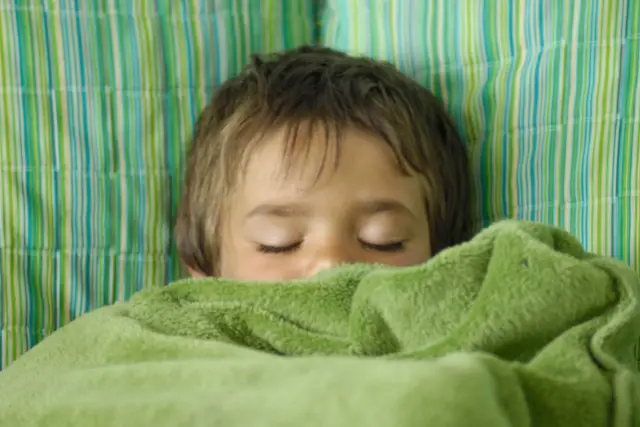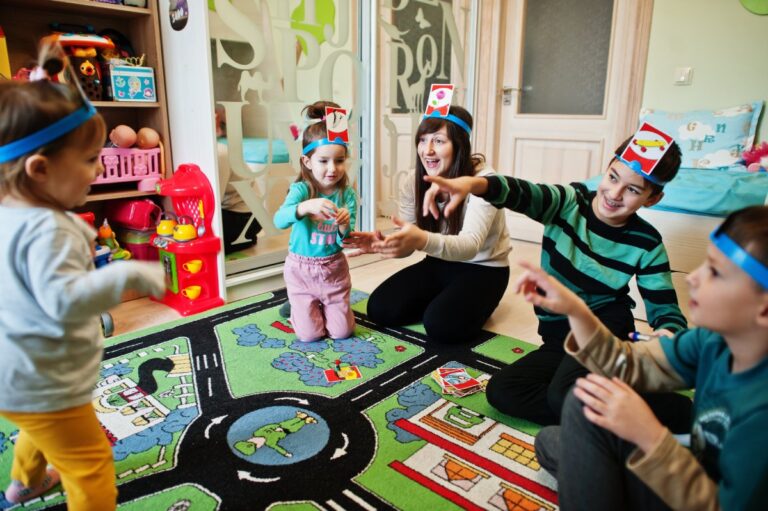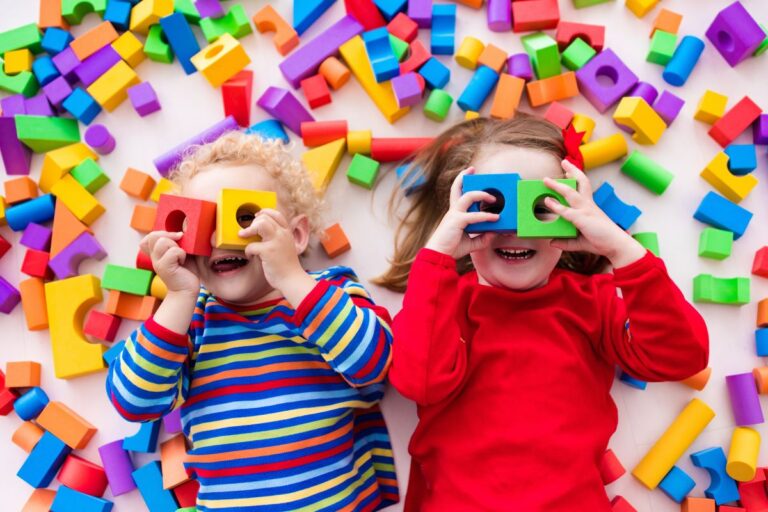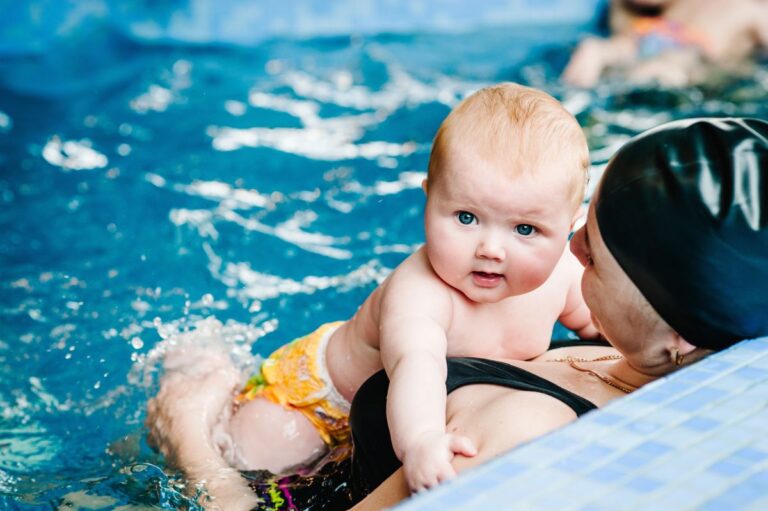9 Popular Parenting Practices That Could Be More Harmful Than You Think
We all want what’s best for our kids, and sometimes that means following the conventional wisdom of parenting. But what if some of those well-meaning beliefs are actually doing more harm than good? In the West, certain parenting practices are widely accepted as beneficial, but they might not be as healthy as they seem. Let’s take a closer look at nine Western parenting beliefs that could be bad for your kids.
1. Constant Praise Boosts Self-Esteem

We’ve all heard it: praising your child builds their self-esteem. But over-praising can actually backfire. When kids are constantly told they’re amazing at everything, they might become afraid to fail or take risks. They could start avoiding challenges altogether to protect their “perfect” image.
2. Protecting Kids from All Disappointment

It’s natural to want to shield your child from disappointment, but doing so can rob them of important life lessons. Learning to cope with setbacks is a crucial part of building resilience. If kids never experience disappointment, they might struggle to handle failure later in life.
3. “More Is Better” in Extracurricular Activities

Filling your child’s schedule with sports, music lessons, and other activities might seem like the best way to help them succeed. But too many extracurriculars can lead to burnout, stress, and a lack of free time for just being a kid. Sometimes, less really is more.
4. Technology as a Learning Tool

We’re in the digital age, and many parents believe that early exposure to technology is essential for success. But too much screen time, even with educational content, can negatively impact social skills, sleep, and physical health. It’s important to find a balance and encourage tech-free playtime.
5. Avoiding Conflict to Keep Kids Happy

No one likes conflict, especially when it involves their kids. But avoiding disagreements at all costs can teach children that conflict is something to fear rather than a natural part of relationships. Kids need to learn how to navigate and resolve conflicts in healthy ways.
6. Always Putting Kids First

Putting your child first might seem like the ultimate parenting goal, but it can come at a cost. When parents sacrifice their own needs and well-being, it can lead to burnout and resentment. Plus, kids benefit from seeing their parents take care of themselves and their relationships.
7. Rewarding Every Achievement

It’s tempting to reward every little achievement with a treat or prize, but this can lead to a reward-based mindset. Kids might start expecting something in return for every effort, rather than finding intrinsic motivation in their accomplishments.
8. Emphasizing Academic Success Above All Else

In a world that values academic achievement, it’s easy to focus heavily on grades and test scores. But emphasizing academics above all else can lead to anxiety, stress, and a fear of failure. Kids need to know that their worth isn’t tied to their report card.
9. Comparing Your Child to Others

It’s natural to want your child to succeed, but constantly comparing them to others can harm their self-esteem and create unnecessary pressure. Every child develops at their own pace, and focusing on their unique strengths is far more beneficial than measuring them against their peers.
Rethinking “Healthy” Parenting Beliefs

Parenting is tough, and it’s easy to fall into the trap of following popular beliefs without questioning them. But it’s worth taking a step back and considering whether these so-called “healthy” practices are really in your child’s best interest. By rethinking these common Western parenting beliefs, you can foster a more balanced, healthy environment for your child to grow and thrive.
Banned in the USA: 14 Everyday Items We Can’t Have

Ever feel like America’s rulebook was written by someone with a dartboard? Across the pond or down under, things get even wackier. Let’s take a walk on the wild side of global “Do’s” that are definite “Don’ts” in the Land of the Free. Are you ready to find out just how bizarrely different the world can be? Banned in the USA: 14 Everyday Items We Can’t Have
Gone From the Shelves: Why 18 American Staples Vanished

Over the years, various foods that were once staples in American kitchens have been banned or are no longer allowed to be sold due to health, environmental, or ethical reasons. Here’s a list of 18 such items, detailing why they’ve been pulled off the market. Do you remember any of these? Gone From the Shelves: Why 18 American Staples Vanished
Eat & Drink at Your Own Risk: 20 Foods to Keep Away From Your Family

When it comes to food and drinks, not all choices are created equal. Some items on the shelves are so bad for your health that they’re almost legendary. Here’s a list of some of the absolute worst food and drink products—specific brands included—that you might want to avoid at all costs if you care about your nutritional intake. Eat & Drink at Your Own Risk: 20 Foods to Keep Away From Your Family
Featured Image Credit: Shutterstock / VGstockstudio.
The content of this article is for informational purposes only and does not constitute or replace professional advice.
The images used are for illustrative purposes only and may not represent the actual people or places mentioned in the article.







